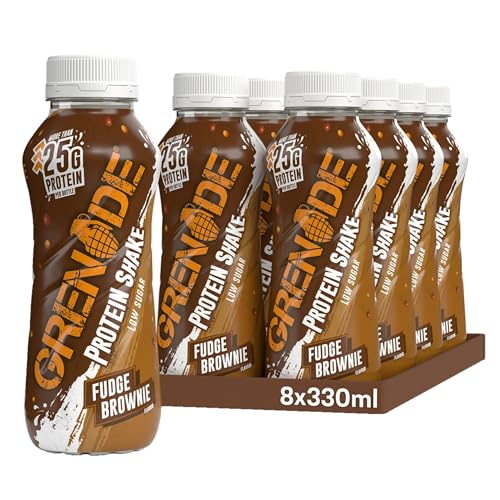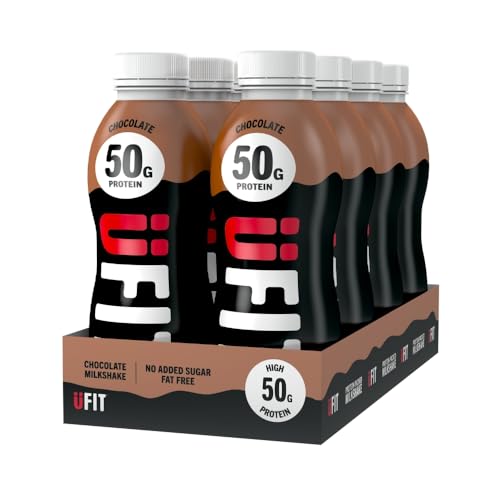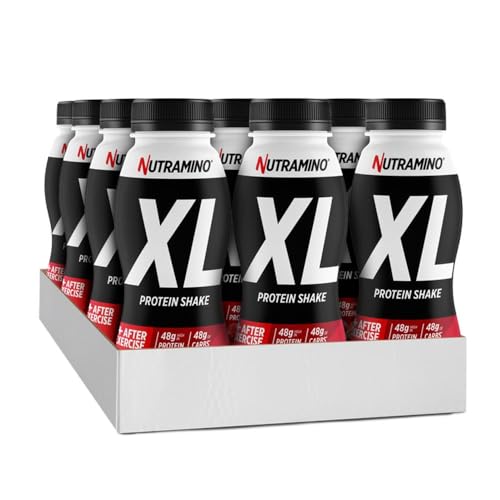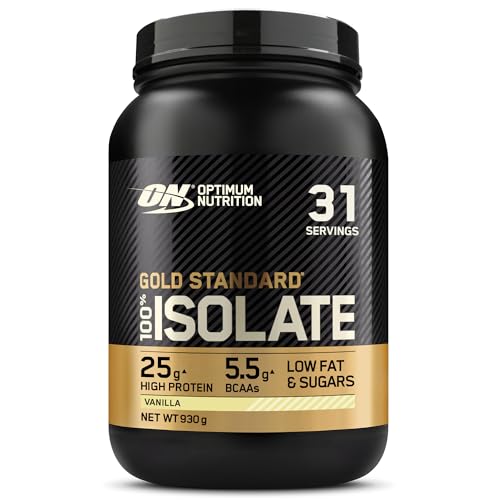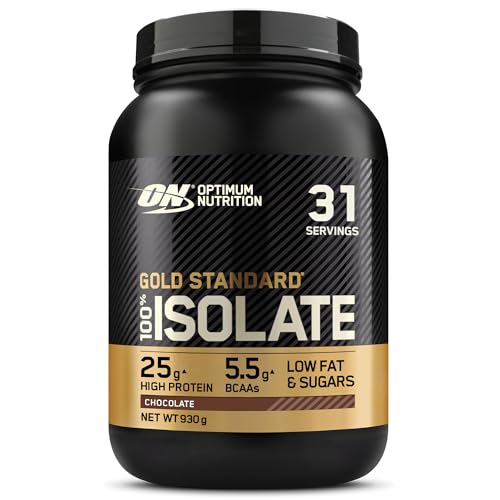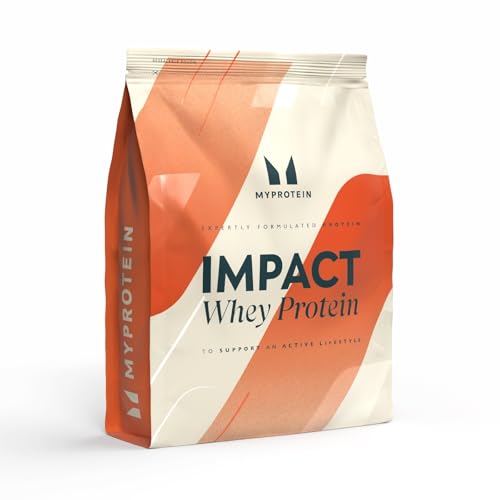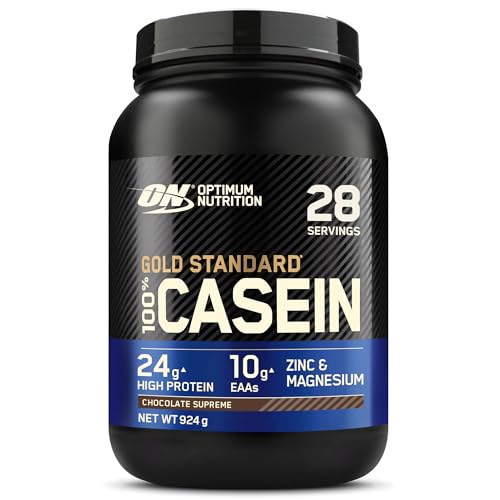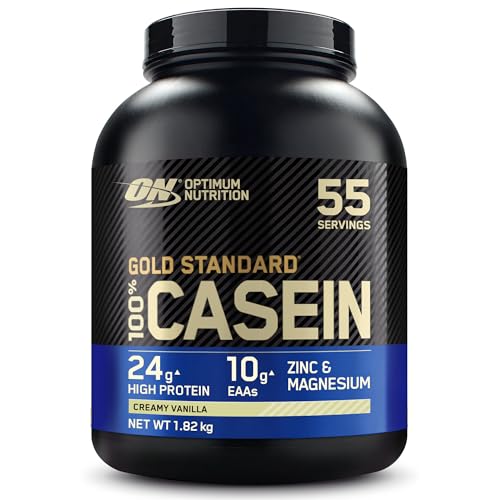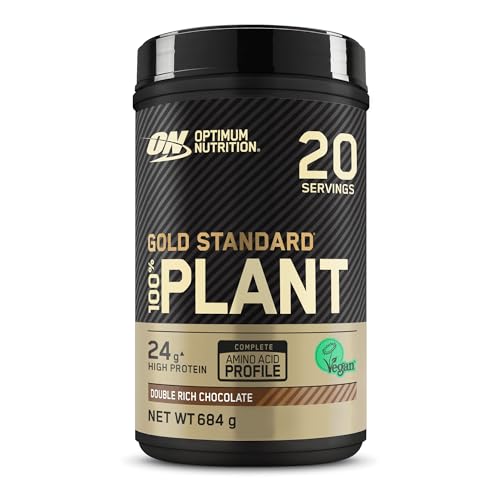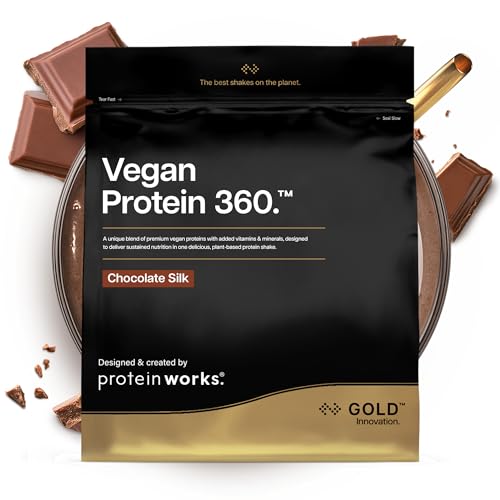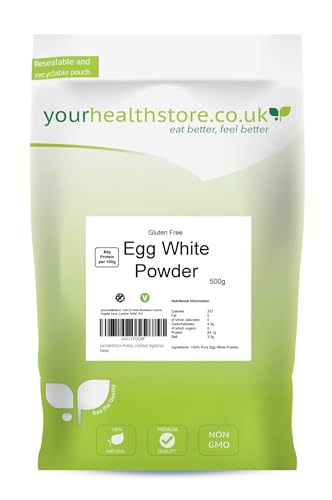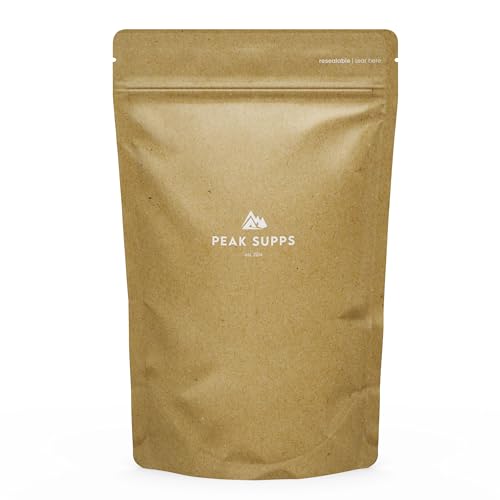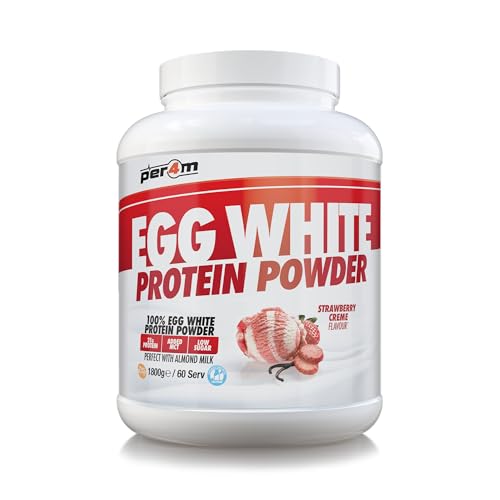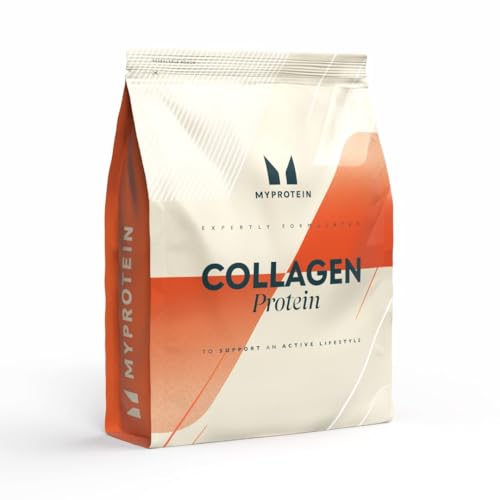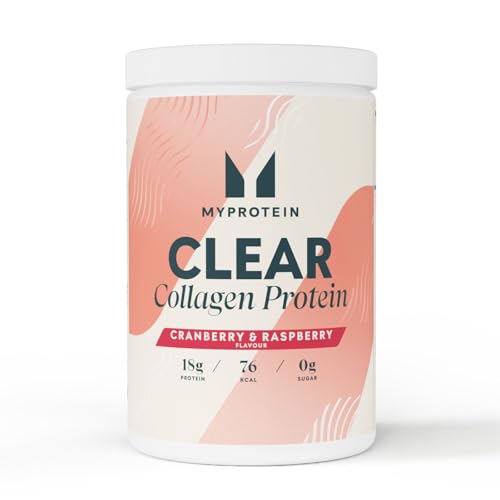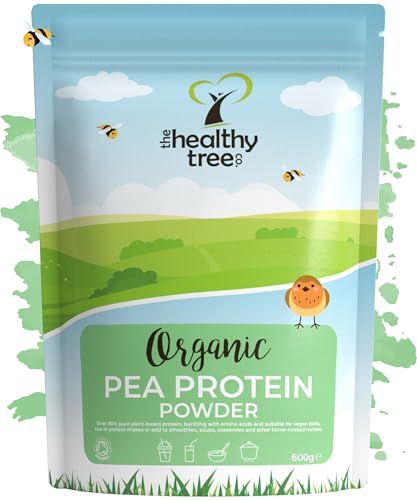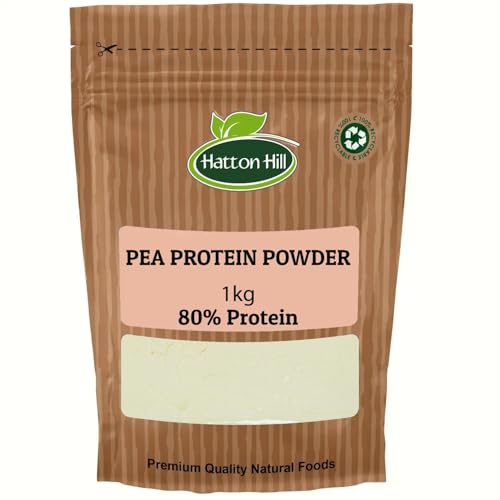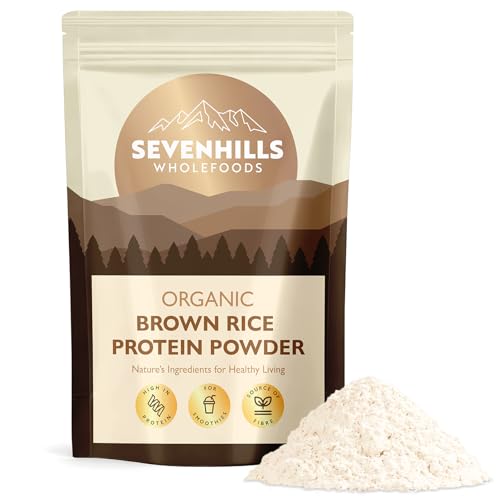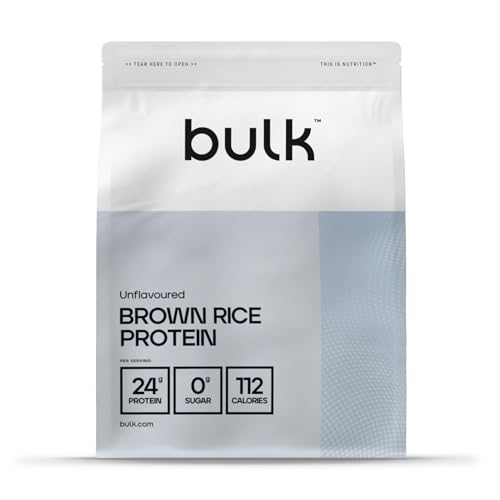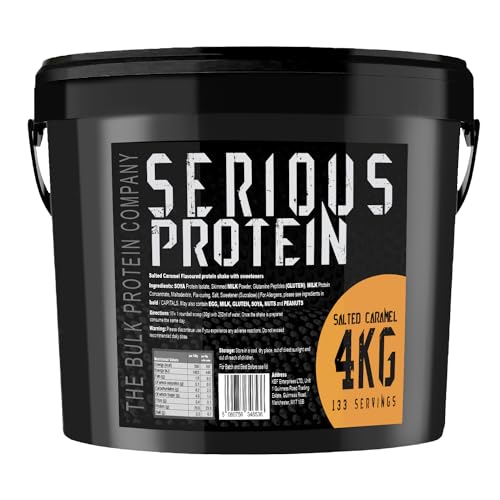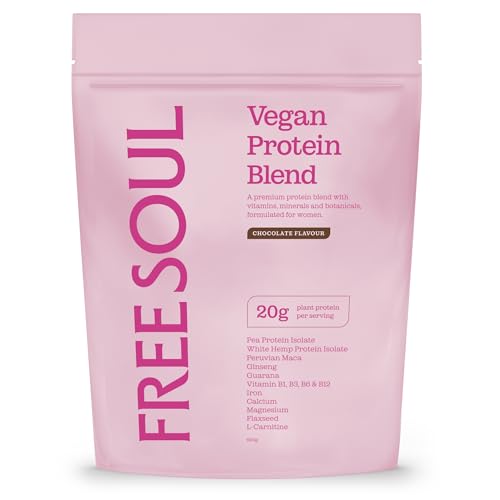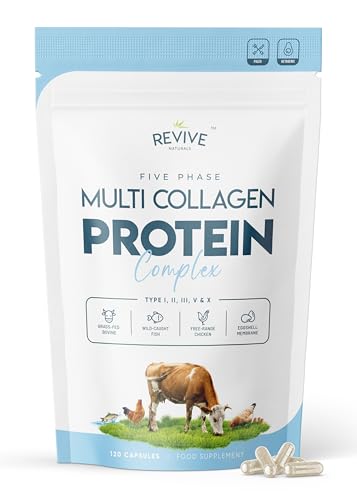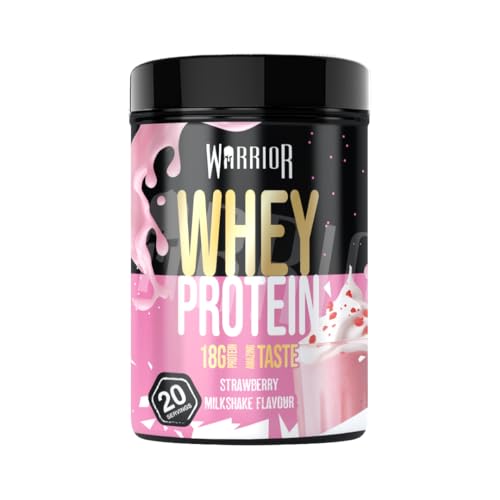The Complete Guide to Protein Supplements
Are you looking to level up your fitness game? Want to shed those extra pounds or build some serious muscle? If so, protein supplements might just be the secret weapon you've been searching for!
With their ability to enhance performance, aid in recovery, and support overall health, protein supplements have become a staple in the fitness world. In this comprehensive guide, we'll delve into the ins and outs of protein supplements – from what they are and how they work to the various types available.
So let's grab our shaker bottle and get ready to unlock the power of protein!
What is protein?
Protein is an essential macronutrient that plays a crucial role in the functioning of our body. It is made up of amino acids, which are the building blocks of life. Our body uses protein to repair and build tissues, produce enzymes and hormones, and support overall growth.
Protein can be found in a variety of sources such as meat, fish, dairy products, legumes, nuts, and seeds. However, sometimes it can be challenging to meet our daily protein requirements through food alone. This is where protein supplements come into play.
Protein supplements are convenient alternatives that provide a concentrated dose of high-quality protein without unnecessary fats or carbohydrates. They are available in various forms such as powders, bars, and shakes.
When it comes to choosing the right protein supplement for your needs, consider factors like your fitness goals (muscle building or weight loss), dietary restrictions (vegan or lactose intolerant), taste preference (chocolate or vanilla), and budget.
Remember that while protein supplements can be beneficial for certain individuals like athletes or those with increased protein needs due to medical conditions or age-related muscle loss; they should not replace whole foods entirely.
Incorporating protein supplements into your diet can help you reach your daily recommended intake more easily but always prioritise balanced meals consisting of lean proteins from natural food sources whenever possible.
So whether you're looking to enhance muscle growth after intense workouts or simply maintain optimal health - including high-quality protein sources in your diet is essential!
What are the benefits of taking protein supplements?
Protein supplements have gained immense popularity in the fitness world, and for good reason. These supplements offer a wide range of benefits when it comes to muscle building, weight loss, and overall health.
When it comes to muscle building, protein is essential. It provides the necessary amino acids that help repair and rebuild muscles after intense workouts. By consuming protein supplements post-workout, you can enhance muscle recovery and promote lean muscle growth.
For those looking to shed some weight, protein supplements can be a valuable tool. They keep you feeling full for longer periods of time, reducing cravings and preventing unnecessary snacking. Additionally, they boost your metabolism which aids in burning calories more efficiently.
Not only do protein supplements benefit those seeking specific fitness goals like muscle building or weight loss but they also contribute to overall health. Protein plays a crucial role in various bodily functions such as hormone production, immune system support, and tissue repair.
Whether you choose protein powders, bars or shakes – these convenient options provide an efficient way to meet your daily protein needs without the hassle of cooking or meal preparation.
Incorporating protein supplementation into your routine has its advantages; however it's important to remember that balance is key. Ensure that you're getting enough whole foods along with your supplement intake to maintain a well-rounded diet.
Remember - always consult with a healthcare professional before starting any new dietary regimen or adding supplements to your routine!
How to take protein supplements
When it comes to taking protein supplements, there are a few key factors to consider in order to maximise their effectiveness. First and foremost, it's important to determine the appropriate dosage for your individual needs. This can vary depending on factors such as age, weight, activity level, and specific goals.
To start, read the instructions provided on the packaging of your chosen protein supplement. This will give you a general idea of how much to consume per serving. It's also recommended to consult with a healthcare professional or nutritionist who can provide personalised guidance.
Next, timing is crucial when taking protein supplements. Many experts suggest consuming them within 30 minutes after completing a workout session. This allows for optimal muscle recovery and growth.
In terms of preparation, most protein supplements come in powder form which can be mixed with water or milk. Choose whichever liquid works best for you and mix until smooth using either a shaker bottle or blender.
Consistency is key when incorporating protein supplements into your routine. Aim to take them regularly as part of a balanced diet rather than relying solely on them for nutrition.
By following these guidelines on how to take protein supplements effectively, you'll be well on your way towards reaching your fitness goals!
The different types of protein supplements
- Whey Protein Isolate:
- Whey protein isolate is a fast-digesting protein derived from milk during the cheese-making process.
- It has a high protein content and is low in carbs and fats.
- Popular brands: Optimum Nutrition Gold Standard Whey, Dymatize Nutrition ISO100.
Bestseller No. 1Bestseller No. 2
- Whey Protein Concentrate:
- Whey protein concentrate is also derived from milk and contains a lower protein concentration compared to isolate.
- It contains more carbs and fats, which can provide a slightly slower release of amino acids.
- Popular brands: MuscleTech NitroTech, BulkSupplements Whey Protein Concentrate.
Bestseller No. 1Bestseller No. 2
- Casein Protein:
- Casein is another milk-derived protein but is slow-digesting, making it ideal for sustained protein release.
- Often consumed before bed to provide amino acids throughout the night.
- Popular brands: Optimum Nutrition Gold Standard 100% Casein, Dymatize Elite Casein.
Bestseller No. 1Bestseller No. 2
- Plant-Based Protein:
- Plant-based protein supplements are derived from sources like peas, rice, hemp, and other plant sources.
- Suitable for vegetarians, vegans, and those with dairy allergies.
- Popular brands: Vega Protein & Greens, Orgain Organic Protein.
Bestseller No. 1Bestseller No. 2
- Egg White Protein:
- Egg white protein is derived from the whites of eggs and is a complete protein source.
- It is lactose-free and has a balanced amino acid profile.
- Popular brands: NOW Sports Egg White Protein, Jay Robb Egg White Protein.
Bestseller No. 1Bestseller No. 2
- Collagen Protein:
- Collagen protein is sourced from animal connective tissues and is often used for joint and skin health.
- It contains specific amino acids like proline and glycine.
- Popular brands: Vital Proteins Collagen Peptides, Sports Research Collagen Peptides.
Bestseller No. 1Bestseller No. 2
- Pea Protein:
- Pea protein is derived from yellow peas and is a good source of plant-based protein.
- It's easily digestible and suitable for people with allergies.
- Popular brands: Naked Nutrition Pea Protein, BulkSupplements Pea Protein Isolate.
Bestseller No. 1Bestseller No. 2Bestseller No. 3
- Rice Protein:
- Rice protein is made from brown rice and provides a complete amino acid profile.
- Often used in combination with other plant-based protein sources.
- Popular brands: Sunwarrior Classic Protein, Nutribiotic Organic Rice Protein.
Bestseller No. 1Bestseller No. 2
- Blend Protein:
- Blend protein supplements combine different protein sources (e.g., whey, casein, plant-based) to provide a balanced amino acid release.
- Can be used for various purposes, like post-workout or meal replacement.
- Popular brands: MusclePharm Combat Protein Powder, BSN Syntha-6.
Bestseller No. 1Bestseller No. 2
Remember that the choice of protein supplement depends on individual goals, dietary preferences, and any potential allergies or sensitivities. It's always recommended to consult a healthcare professional or registered dietitian before adding supplements to your diet. In the end, choosing the right type of protein supplement depends on personal preference and individual goals. Experimenting with different options can help you find what works best for you!
Pros of Taking Protein Supplements
1. Muscle Growth and Repair - Protein supplements are highly effective in promoting muscle growth and repair. They provide the necessary amino acids that aid in muscle protein synthesis, helping to build lean muscle mass.
2. Convenience - One of the major advantages of protein supplements is their convenience. They are a quick and easy way to meet your daily protein requirements, especially for individuals with busy lifestyles or those who struggle to consume enough protein through whole foods alone.
3. Weight Management - Protein supplements can be beneficial for weight management as they help increase satiety and reduce cravings, leading to decreased calorie intake. Additionally, they support the preservation of lean muscle mass during weight loss efforts.
4. Nutritional Support - Protein supplements often contain essential vitamins and minerals that contribute to overall health and well-being. This makes them a convenient option for individuals who may have dietary restrictions or struggle with nutrient deficiencies.
Cons of Taking Protein Supplements
1. Digestive Issues - Some individuals may experience digestive issues such as bloating, gas, or stomach discomfort when consuming certain types of protein supplements like whey or casein powder.
2. Cost - Quality protein supplements can be expensive compared to whole food sources of protein. This cost factor may deter some individuals from regularly incorporating them into their diet.
3. Potential Allergies - Certain types of proteins used in these supplements, such as whey or soy, can trigger allergies in some people who are sensitive to these ingredients.
4. Interference with Medications - It's important to note that certain medications may interact with specific components found in protein supplements like added herbs or botanicals; therefore, it's crucial to consult a healthcare professional before using them.
Protein supplementation has its share of pros and cons depending on individual needs and preferences. The benefits include supporting muscle growth, recovery, and providing nutritional support while being convenient.
However, certain downsides such as potential digestive issues, cost, allergies, and medication interactions should also be considered. It's important to consult a healthcare professional before starting any supplementation program.
Conclusion
Protein is an essential macronutrient that plays a crucial role in various bodily functions. It is particularly important for muscle building and repair, weight loss, and overall health. While it can be obtained from natural food sources, protein supplements offer a convenient and effective way to meet your daily protein requirements.
Taking protein supplements can have numerous benefits depending on your specific goals. For muscle building, consuming protein shortly after exercise can help stimulate muscle growth and recovery. If you're looking to lose weight, incorporating protein into your diet can increase satiety and boost metabolism. For those seeking better overall health, adequate protein intake supports immune function and helps maintain healthy bones.
When it comes to taking protein supplements, there are several options available. Protein powders are the most common form and come in various flavours and types such as whey or plant-based proteins like soy or pea. Protein bars offer a convenient on-the-go option while providing a satisfying snack packed with nutrients. Protein shakes are another popular choice for quick post-workout replenishment.
While there are many advantages of incorporating protein supplements into your routine – convenience, versatility, targeted nutrition – it's important to consider potential drawbacks as well. Some people may experience digestive issues or allergic reactions when consuming certain types of proteins or ingredients commonly found in these products.
When used wisely and as part of a balanced diet plan tailored to individual needs, protein supplements can be an excellent addition to support fitness goals or enhance overall well-being.
Remember always consult with healthcare professionals before making any significant changes to your diet or starting any new supplementation regimen!
So, explore the world of protein supplements and find the one that works best for you! Whether you choose powders, bars, shakes—or all three—protein supplementation can play a valuable role in helping you reach your health and fitness goals.
Best Selling Protein Supplements





